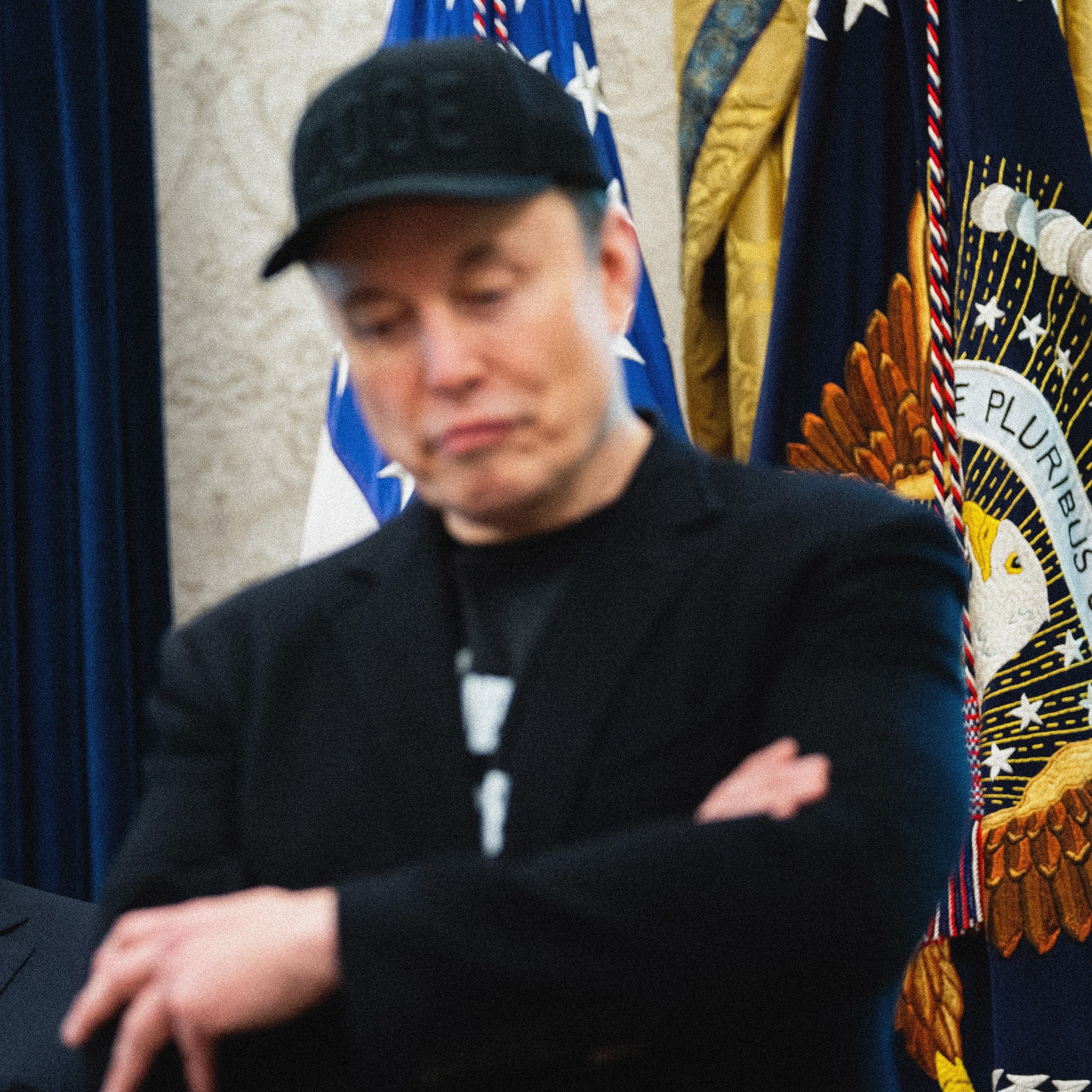The Paradox of Elon Musk: A Tech Titan Without a Laptop?
3 min read

In a world driven by technology, the notion that one of its foremost pioneers may not use a computer seems almost paradoxical. Yet, according to recent court filings, this is exactly what Elon Musk's legal team claims. The filings, which are part of Musk’s ongoing lawsuit against Sam Altman and OpenAI, allege that Musk "does not use a computer." This statement has sparked a flurry of curiosity and skepticism across tech communities and beyond.
The Enigma of Musk's Tech Utilization
Elon Musk, the enigmatic CEO of Tesla, SpaceX, and the founder of xAI, is synonymous with technological innovation. His ventures have revolutionized industries ranging from automotive to space exploration. Therefore, the claim that Musk does not use a computer seems at odds with his image as a tech visionary. After all, how could someone who has overseen the development of some of the most advanced technologies of our time not be a frequent user of the primary tool of tech development?
To add to the confusion, Musk himself has publicly referenced his laptop numerous times over the past year. His Twitter feed, a well-documented window into his thoughts and activities, features mentions of using a laptop for work and communication.
Historical Context: Leaders and Their Tools
Historically, the tools leaders use have often been linked to their effectiveness and influence. For instance, Steve Jobs was known to meticulously test and use Apple products, ensuring they met his high standards. Similarly, Bill Gates has long been recognized for his hands-on approach to computing, frequently engaging with the software that defined Microsoft's legacy.
Musk’s alleged detachment from computers could suggest a delegation of tasks to trusted aides or a reliance on other forms of technology. It may also point to a broader philosophy that transcends traditional tech engagement, focusing instead on visionary ideation and strategic oversight.
The Modern Executive Paradigm
In the modern corporate landscape, the role of a CEO often involves less technical engagement and more strategic leadership. This shift is not unique to Musk. Many tech leaders are stepping back from the minutiae of daily operations, choosing instead to focus on broader company objectives and innovation strategies.
This evolution in leadership style raises questions about the future of tech stewardship. Does this mean that the next wave of technological breakthroughs might be driven by leaders who are more strategists than technologists? If so, how does this affect the development and implementation of the technologies that shape our world?
Conclusion: A Tech Leader's Tools
Whether or not Musk uses a computer regularly, the controversy underscores a larger discussion about the role of technology in leadership. It challenges the assumption that tech pioneers must be hands-on users of the technologies they create. As the industry continues to evolve, so too will the definitions of what it means to lead within it.
Ultimately, Musk’s claim—or his legal team's claim—serves as a reminder that innovation is not solely born from tools but from ideas and the ability to inspire and direct those who use these tools. As technology continues to shape our future, the leaders at its helm will likely continue to redefine what it means to be a tech visionary.
Source: Elon Musk’s Lawyers Claim He ‘Does Not Use a Computer’
